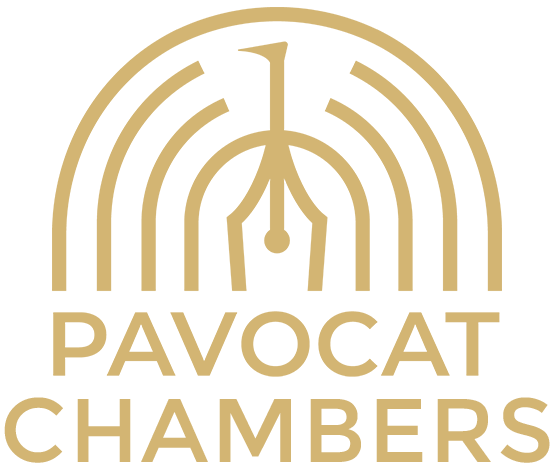
CORRUPTION Arbitration & Mediation
Members of Chambers offer a Counter-Corruption Mediation Service to client States, which is able to achieve a swift, just and socially progressive alternative solution to dealing with corporations, companies and individuals who have fallen foul of its corrupt officials. The service is capable of being delivered independently or as an integrated part of a State’s criminal justice system.
Of course, States need the ability to resolve known or suspected instances of corruption. However, criminal investigations and prosecutions of those accused of soliciting, receiving or paying bribes are resource intensive, hugely expensive and involve expertise that a State’s law enforcement authorities might not possess. The Counter-Corruption Mediation Service offered by our members overcomes these difficulties by helping to achieve a successful and appropriate outcome of a case of corruption through the provision of innovative and specialist mediation that draws its inspiration from ‘truth and reconciliation’ initiatives conducted successfully in a number of countries around the world. It is based in no small part on the realisation that the State is ultimately responsible for permitting its corrupt public officials to solicit bribes from companies and individuals operating within its jurisdiction. Mediation offers a highly successfully and well-established means of resolving a dispute. Our barristers have combined all of these factors into a unique service that avoids the need to investigate criminality and thereafter to prosecute and imprison corrupt actors, while at the same time ensuring that their behaviour is dealt with in a transparent, efficient and effective manner. Wherever possible, or appropriate, Pavocat Chambers’ barristers would also seek to achieve recovery of assets, wherever they may be located.
Members of Chambers can be and often are engaged as counsel in international commercial arbitration proceedings where the underlying facts turn on allegations of corruption (e.g., a company’s invoices in respect of services provided under a contract are not being settled by a particular Ministry because the company has rebutted bribe solicitations by corrupt public officials). Our barristers have conducted cases which have led to the dismissal of the senior officials within a public body.













